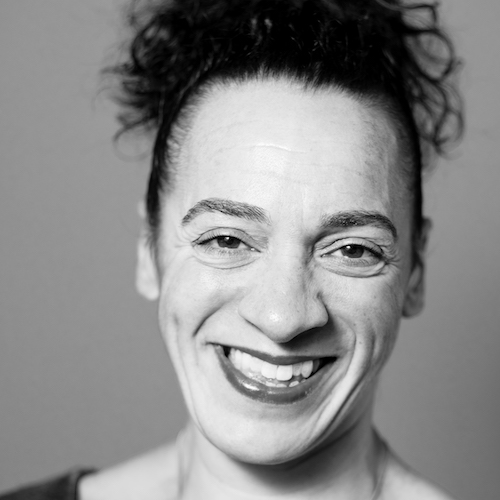Eight weeks ago, I witnessed the closure and cancellation of our cultural sector – organisations, venues, festivals and events all ground to a standstill with months’ worth of plans and years of ambitions seemingly obliterated in a matter of days.
But these lockdown weeks haven’t resulted in surrender or self-pity. In fact, it has triggered a debate about how our much-loved and valued cultural organisations can re-imagine themselves in this new normal that we find ourselves in.
Each day, I’ve been part of online networking and discussions – listening and working with the sector, trying to find a path through the sometimes mind-boggling challenges that COVID-19 poses.
In just a matter of weeks, our cultural organisations have gone through crisis management and grappling with furloughing, right through to quickly re-programming content for a very different and mostly online audience.
From the outset, there has been a focus on recovery and reopening the city – how resilient the organisations are, their creativity and leadership makes me proud.
They have risen to the challenge and are looking at everything they do through a digital lens, in order to stay connected to their audiences and communities. Live streams, virtual concerts and tours, and live gigs have been transmitted from their living rooms to ours.
They have seen the value in providing small grants to help support artists, keeping our creative voices afloat as individuals reflect and respond to lockdown through the creative process.
It’s important as a city council that we practice what we preach, so we are delighted to be working with Arts Council England to support 12 female artists in brand new commissions as part of RISE which pays homage to extraordinary women across the globe. The commentary around Covid-19 feels very male dominated – so, this is chance for incredibly talented female artists to provide a social commentary on how the pandemic has impacted on them.
Our arts organisations have always had a strong embedded element to their work and sometimes don’t get the credit they deserve for the fantastic work they do with grassroots communities. Of course, the face-to-face communication is impossible, but the community groups our cultural organisations serve still have a strong voice and they continue to use it – from online youth theatres, to online learning including creative writing, storytelling and dancing. The content is still there.
The programmes our cultural sector were planning have changed and evolved, but they still support education , social care and health and wellbeing using the virtual world and reaching out to young and old and some of the most vulnerable groups in our communities.
When it is safe to do so, our sector will respond further and reach out to communities and play a major part in the recovery of our fantastic city. We all know the power of arts and culture and it will without a doubt help heal our communities going forward. We will embrace the moment when we can once again enjoy live music, watch incredible stories unfold before our eyes or lose ourselves in performances oozing with magnetism. That sense of community and shared cultural experience can only grow and the industry will be stronger as a result.
For now, we may be in lockdown, but there remains a very strong message from the cultural sector: ‘We are still open for business, join us…’
Alicia Smith
Head of Arts and Participation
Culture Liverpool, Liverpool City Council
To see the RISE commissions head to www.cultureliverpool.co.uk/risetogether
Categories: Blog


